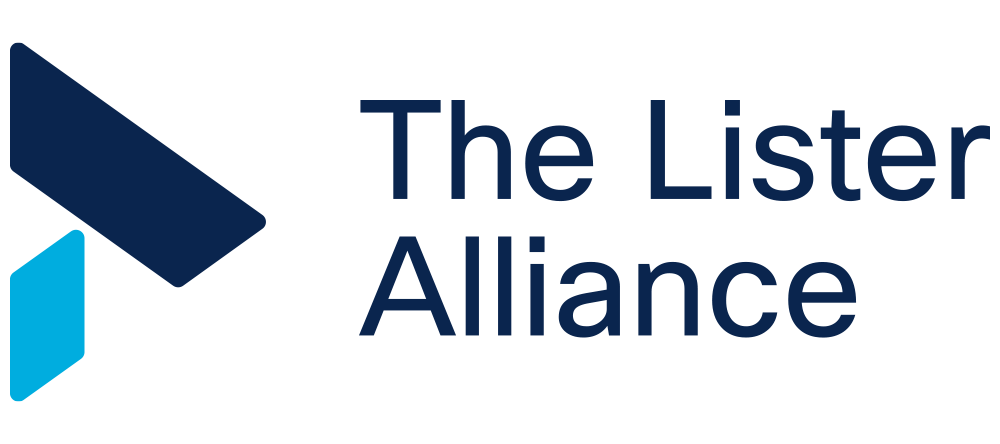
Reimagining rehabilitation in the East Midlands through digital innovation
Harnessing Technology for Enhanced Rehabilitation: Trials at Nottingham University Hospitals NHS Trust
The NHS is on an exciting journey to revolutionise patient care through cutting-edge technology.
Rehabilitation could benefit as many as one in three people affected by a health condition, with the need increasing with age.
An ageing world population, paired with increasing numbers of long-term health conditions, has increased the demand for rehabilitation services.
As such, digital technology presents an opportunity to relieve pressures on these services, by speeding up recovery times in acute settings, as well as helping more patients transition to care at home.
Among the technologies being tested are equipment tracking systems, AI-enhanced CCTV, and voice-activated environmental controls. These innovations are designed to enhance staff and patient safety and empowerment. Here's how digital solutions are transforming the experience:
Effortless Equipment Management: No more time wasted searching for wheelchairs or beds. Staff can easily locate everything through a mobile app, that was co-designed and developed with staff feedback, freeing up valuable time for patient care. Plus, an emergency panic button, which provides real time staff location, ensures immediate support when needed.
Smarter Space Utilisation and resource management: The new system helps manage room occupancy and footfall, ensuring both comfort for patients and their visitors and optimal use of space for staff for therapeutic treatment.
Safety Sensors and AI-Enhanced CCTV: Smart building sensors and video analytics are an additional feature to improve patient safety in cases of patient absconding. Linden Lodge is also looking at ways that these sensors can be used for patient aggression prediction and sentiment analysis to ensure staff and patient safety. "Many of our patients, due to cognitive impairments, often try to leave the building. Currently, we must assign a staff member to monitor them 24/7. With this technology, we can digitally prevent absconding risks while granting patients more independence." said Sarah Davies, Linden Lodge Manager.
By putting patients at the centre, this innovative approach empowers both patients and staff for a smoother recovery journey:
Empowered Staff: Technology frees up staff time, simplifies tasks, and provides data to enhance care delivery. A happy and efficient staff is the backbone of excellent patient care.
Patient-Centred approach: The focus is on creating a safe, personalised environment that optimises recovery. Technology plays a key role in supporting patients on their journey to regain confidence and independence.
Future use cases that may be explored include:
Indoor wayfinding: to help patients with cognitive impairment find their way around a facility.
Smart lighting and environmental controls: to promote recovery and enhance the patient experience by aligning to the body’s circadian rhythms.
Wearables: continually monitor patients in a recovery centre or at home to ensure rehabilitation is progressing. Wearables can also monitor sleep patterns and detect patient falls.
Gamification of recovery: patients can be prompted to refer to their medication schedules or encouraged to do (and enjoy) their rehabilitation exercises. Gamification (including VR) presents opportunities to improve patient engagement with their recovery.
Robotics: potentially delivering treatments or acting as a companion for patients. Outside of acute clinical settings, robotics could support discharged patients helping them to live independently and maintain autonomy. For example, robots can monitor patients, assist with daily activities and automatically alert health services if there is a problem.
Voice control and automation: exploring how patients with limited capabilities or specific needs can control their environments through voice activation and automation.
The Lister Alliance works with NHS Trusts, practitioners, industry and academia to reshape the future of healthcare technology, creating better outcomes for our patients.
See our work in action through our Living Labs
Urgent and Unscheduled Care
Smart Buildings
Care in the Community




